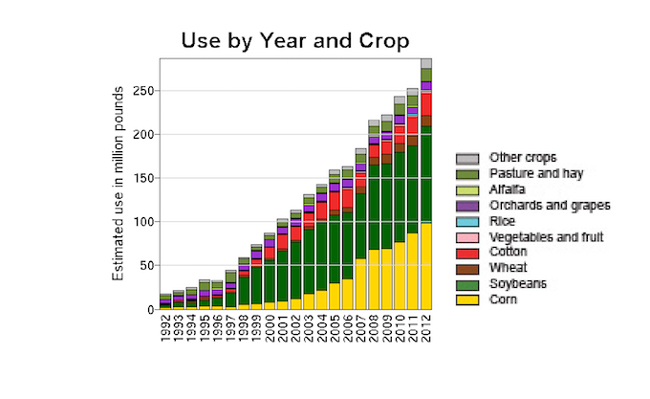Last week, the UN’s World Health Organization (WHO) released a report, compiled by a team of scientists, that said glyphosate—sold by Monsanto in the herbicide Roundup—was probably linked to cancer.
This week, Monsanto is demanding the WHO retract the report, essentially repudiating years of research by multiple scientists. Monsanto is claiming the report was biased and that glyphosate products like Roundup are safe when the directions are followed. The company says that the WHO report contradicts regulatory findings, which can, of course, be influenced by politics and lobbying. So far, WHO has not responded.
“We question the quality of the assessment,” Philip Miller, Monsanto vice president of global regulatory affairs, told Reuters. “The WHO has something to explain.”
Miller claimed that the WHO’s International Agency for Research on Cancer (IARC) was provided by Monsanto with information on glyphosate’s safety, and that it ignored Monsanto’s input.
That response indicates a level of panic on Monsanto’s part because the report could hit it where it hurts—its profits. Its Roundup, formulated to be used on GMO or “Roundup Ready” crops engineered to be resistant to it, is the most widely used herbicide in the world. Originally introduced in the early ’70s to control weeds, it took off when the planting of GMO crops skyrocketed in the last 15 years. The U.S. Geological Survey (USGS) estimated that glyphosate use in the U.S. increased from about 20 million pounds in 1992 to 110 million pounds in 2002 to more than 280 million pounds in 2012.

